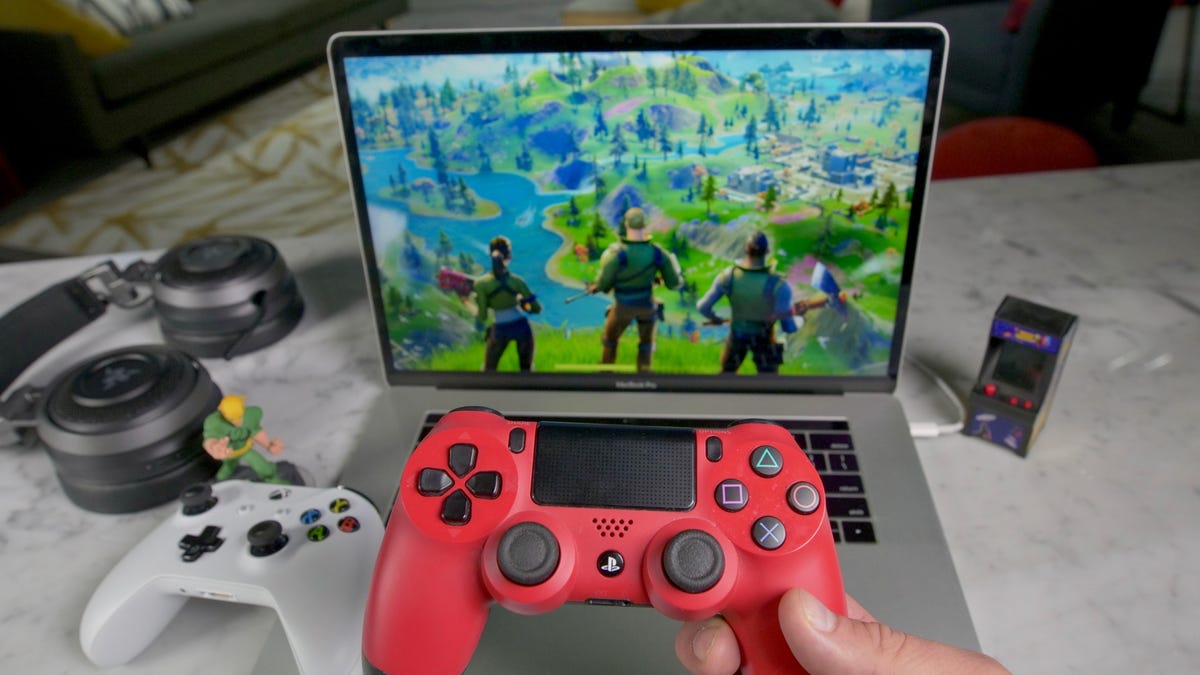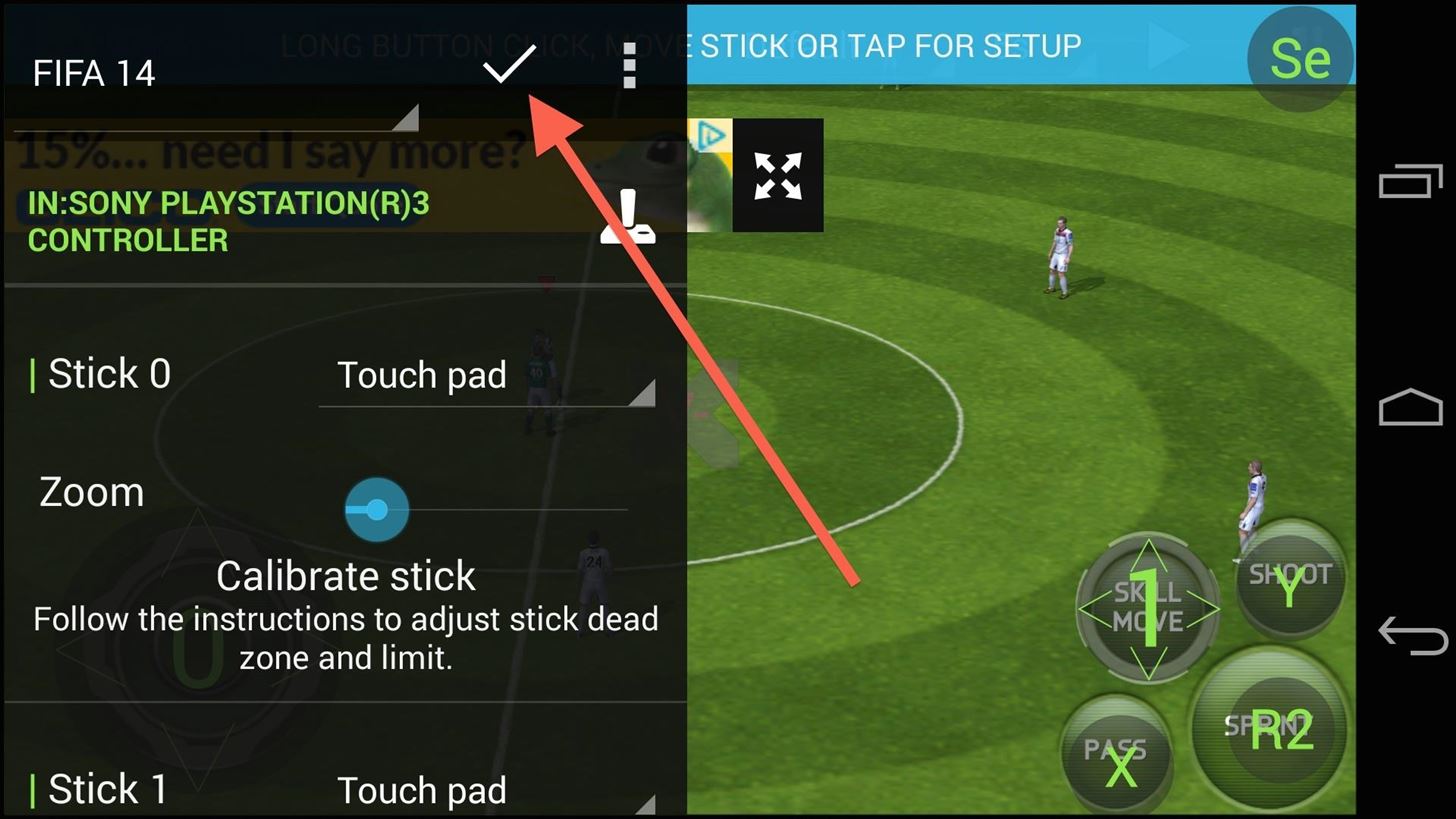

It’s short, it’s easy and it might just be the most important thing you can do to up your game. This is a compact and effective strategy. Start changing those habits and continue to repeat the process.Eventually, you’ll find the patterns and understand what it is you need to change. When you figure out what the problem is, take note of it and move on to the next goal.Write down what you think you did anyway and you can save those uncertain goals to show to someone else and get their take on it.If you can’t figure out where you went wrong, you’re not looking hard enough.

#Mapping app for ps3 controller mac free#
You might even need to resort to the free cam and view the play from above. Maybe you have to look at the play from your teammate’s perspective or an opponent’s perspective. Maybe you have to rewind 5, 10, or even 15 seconds to find out what that mistake was.
Fast forward to each goal that your team concedes and watch through it from your perspective to find what you could have done better. For every 5 replays saved – or whatever number makes sense to you – take a short break from playing and analyze them. Just that there are goals for you analyze. Start saving all of your replays from games where your team concede multiple goals. Whether it’s minor or major, it’s almost certain that you could have done something better in order to prevent that goal – or the situation leading up to it – from occurring. You need to put the ego aside and understand that you played some sort of role in nearly every single goal that your team concedes. After hundreds of hours spent coaching and analyzing replays at every level, it’s obvious to me that the primary difference between each individual rank is the type of bad goals that are conceded. You don’t need to go through your entire replay to find the weakest parts of your game. Analyze Every Goal that Your Team Concedes Put all of your energy into yourself and you’ll be rewarded. Your teammates will never be perfect, but you can improve the way that you adapt and react. What happens, happens and it’s a waste of your time and energy to focus on anything other than your role in it.Įvery mistake your teammate makes is an opportunity for you to learn and to grow. It doesn’t benefit you in any way to dwell on the mistakes that your teammates may or may not have made or to place any sort of blame on them. However many players are on the field, there is only one that you can control: yourself. Don’t Pay Attention to Your Teammates’ Mistakes After all, you’re not going to improve if you stick around your comfort zone, and confidence is half the battle.īe sure to make note of any repeat mechanical mistakes, but don’t go into your analysis expecting to make that your primary focus. You can make the right decision and execute it poorly that doesn’t mean that it was the wrong thing to do and that you should reconsider it the next time. What’s more important is whether or not you made the right decision. Mechanics will improve naturally or with specialized training. If you’re reviewing your own play, it should be for the purpose of improving your rotation, decision-making and overall game sense. People often dwell on the mechanical issues in their game when the reality is that mechanics are rarely ever what is holding them back. Here are my tips when it comes to analysing your replays: Pay Less Attention to Mechanical Issues Looking back at replay footage can be an excellent way to assess your development as a Rocket League player. When you forfeit control and just watch yourself, or anyone for that matter, it becomes a whole lot easier to see what’s right, what’s wrong, and to understand why that’s the case. 
Judge yourself after the game, not during. But when you’re focused on playing the game, it’s unlikely you’re free to analyze every decision that you make, nor should you be trying to do so the time to analyze your play is after the game, not during. Self-analysis is an important tool for any player looking to take that next step. Have you ever watched a sporting event and found yourself criticizing players much better than yourself? It’s a lot easier to spot the mistakes and missed opportunities when you’re not in the middle of it. In this article, Ytzi outlines the best way to look back over your replays in order to get the most out of them.







 0 kommentar(er)
0 kommentar(er)
